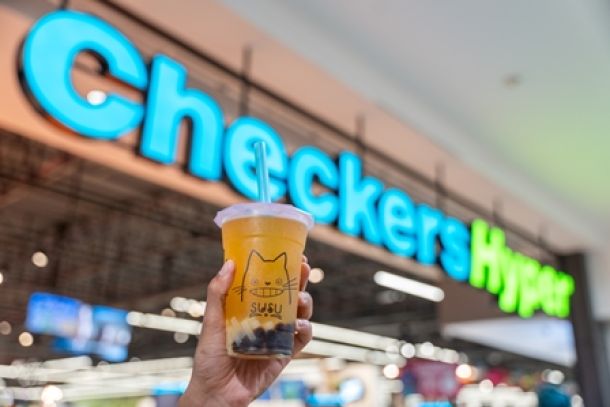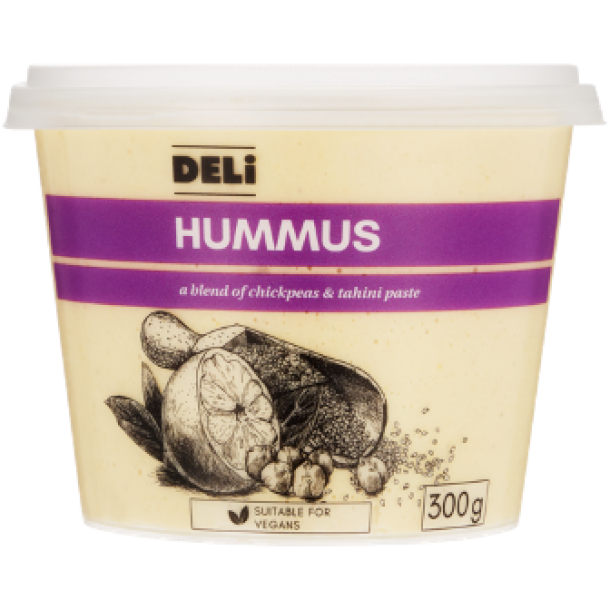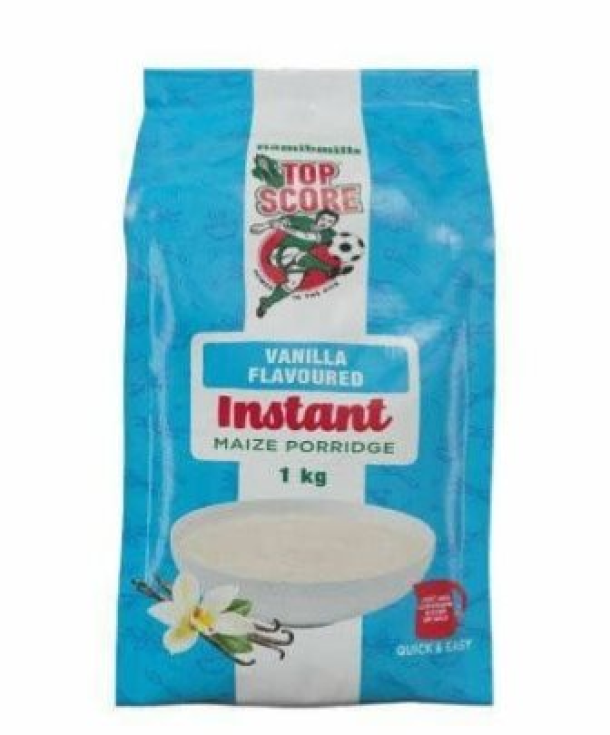FMCG suppliers neglecting the importance of the last 50 yards in the shopper journey
Too many FMCG suppliers still fail to understand the difference between the consumer and the target shopper, neglect the importance of the last 50 yards in the shopper journey and, as a result, are missing out on shopper conversion opportunities at the point of purchase.
That’s the conclusion in a new free White Paper published this week by category and shopper management specialist Bridgethorne entitled ‘What it will it take for suppliers to wake up to the power of the shopper?’. The White Paper also claims that occasions to build shopper engagement are overlooked, that suppliers often forget the requirement for marketers to be commercially focused, and ignore the fact that marketing plans should be as shopper-centric as they are creative.
“In many organisations you will find the word ‘shopper’ rarely uttered in the boardroom, which is ironic, given it is the shopper and the shopper alone who is the person making the decision to purchase the company’s products,” commented Nick Kirby, Bridgethorne’s Shopper, eCommerce & Analytics Director.
“Few will have a dedicated shopper marketing team while most will remain focused on a ‘big bang’ above the line budget. Shopper marketing, though, is often a distant second in the marketing development process whereas, we would argue, it should be integrated from the outset to ensure a cohesive 360 degree plan to engage both the shopper and the consumer at all key touchpoints on the path to purchase.”
The White Paper argues that marketing plans should take into account both the supplier’s overall corporate strategy, as well as its vision for each individual category in which its brands reside. Individual brand strategies, any NPD or innovation in the pipeline as well as the channels and customers, in which products will be sold, should flow from that. Once agreed, these brand plans need to be turned into actionable campaigns to achieve the supplier’s stated commercial objectives.
“Marketing teams need to fully understand both the consumer and the shopper, so they know who the target is and how best to reach them with their marketing objectives,” said Kirby.
“Leveraging this understanding will help in the development of more impactful and more relevant key messages for each specific part of the purchase journey, tailored to either the shopper or consumer, and leading to the improved measurable commercial return of marketing investment.”
The White Paper urges suppliers to overlay consumer and shopper research onto individual retailers. It argues that shopper and retailer are inextricably linked though suggests that brand marketing, as a discipline, can be a million miles away from both. It’s at this juncture, it suggests, that shopper and brand need to work closely together so that consumer knowledge can be accurately translated into shopper understanding.
“Even though the majority of shoppers claim that they know what they want to purchase prior to entering a store, surprisingly almost 20% will buy on impulse in categories they had no intention of buying from before entering the store. A quarter of these shoppers noticed the category due to in-store branded communication,” added Kirby.
“In today’s highly competitive environment, it is simply too risky to lose sales in the last fifty yards of the shopper journey. For that reason, the shopper must be at the heart of any and all marketing undertaken by suppliers. With shopper and retailer understanding firmly cemented in this framework, it should be impossible for the shopper to be overlooked.”
News Category
- International retailers
- On the move
- Awards and achievements
- Legislation
- Wine and liquor
- Africa
- Going green
- Supplier news
- Research tools
- Retailer trading results
- Supply chain
- Innovation and technology
- Economic factors
- Crime and security
- Store Openings
- Marketing and Promotions
- Social Responsibility
- Brand Press Office
Related Articles

Eskort is celebrating 107 years

UK poultry industry as exports to South Africa ...

Playful bubble tea shops launch in selected Che...

Consumer Commission launches investigation into...


